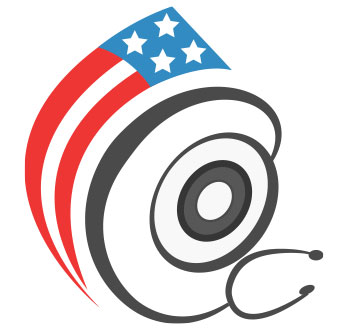An allergy is a hypersensitivity to a foreign substance that is normally harmless. If you are allergic to a substance, the result is usually a violent reaction like a skin rash or nasal drip. An allergic reaction is how the body tries to get rid of the foreign substance. Typical allergic reactions are hay fever, asthma, allergic rhinitis, eczema and other skin rashes, drowsiness, CFS, hyperactivity in children, and ear infections. Allergies affect more than 20% of the population.
The most common allergy is a "Type1" allergy. If an allergen encounters a cell that can produce antibodies, the cells will produce IgE antibodies. These antibodies bind to the surface of the cell. When the bond is formed, cells begin to produce mediators (for example histamines), that cause an allergic reaction.
Almost any substance can be an allergen (foods, pollens, dust, mold), but as many hay fever sufferers know, the arrival of Spring marks the beginning of allergy season. Wind, rain and temperature all affect pollen counts. Rain washes pollen down before it becomes airborne. Wind transports the pollens through the air, elevating allergy symptoms.
You can take a few simple precautions to help reduce your exposure to molds and pollens. For example:
- Close your windows at night to prevent pollens and molds from entering your house.
- Close your car windows when driving.
- Use an air conditioner and dehumidifier to keep air clean, cool, and dry.
- Minimize outdoor activity on days when the pollen count or humidity is high
- Avoid hanging sheets or clothing out to dry.
- Take a shower after spending time outdoors to remove pollen and mold that may be on your skin and hair.
Allergy relief is available in both over-the-counter (OTC) and prescription medications. OTC
- Claritin
- Sinutab Allergy
Prescription
- Reactine
- Zyrtec (Generic Reactine)
- Allegra







